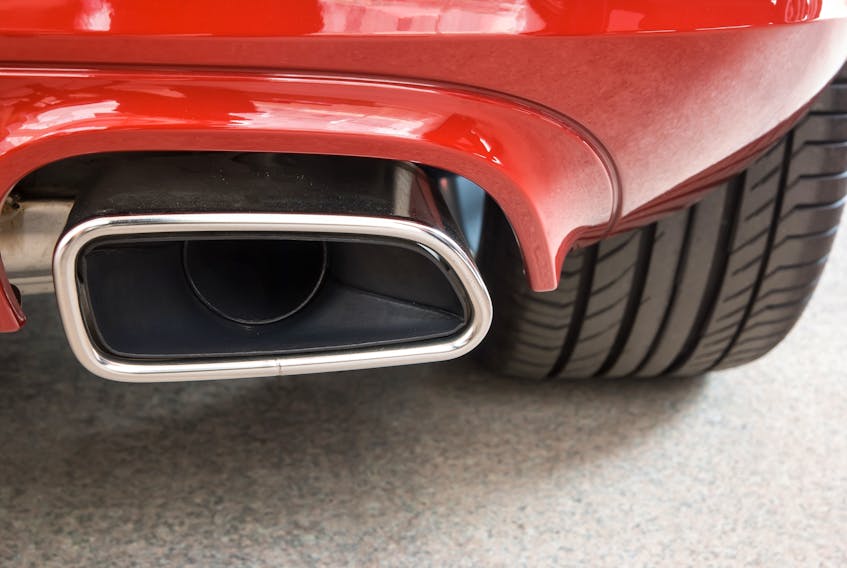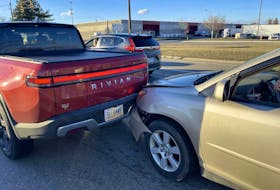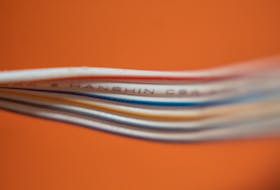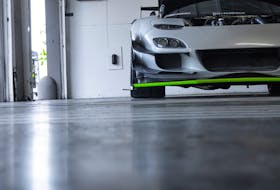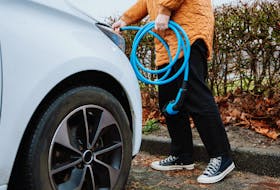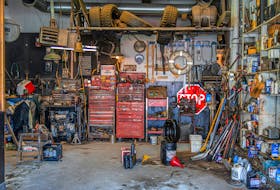Whether it’s an add-on cosmetic upgrade, a go-fast engine part, some electronics or lights or cleaning products, or even a pour-in-your-tank-for-50-horses additive, the after-market and factory options to enhance your driving experience are virtually limitless.
Not to unleash a radical new concept or anything, but with more products and more marketing come more ways to potentially waste great piles of one’s time and patience and hard-earned money.
And since keeping more time and patience and cash is a good thing, here I’ll present some great candidates for products to consider avoiding in pursuit of cost-effective automotive enjoyment.
High-octane gas
If your car requires 87-octane fuel and you feed it pricier 91- or 94-octane hoping for some performance benefit, you’re likely wasting 15 or 20 cents a litre.
Contrary to popular belief, higher octane fuel doesn’t contain additional energy per unit volume compared to regular-grade gasoline — and that’s even if it comes out of a special pump with a scantily-clad lady driving a race-car on it. The high-grade stuff won’t make your stock Honda Civic or Subaru Impreza a spec more powerful and, unless you’re driving a high-performance car that’s factory-engineered to run high-octane gas, you’re best to spend the extra money elsewhere.
If you’re after the advertised cleaning effect, consider an occasional bottle of fuel-system cleaner, instead of spending five or seven bucks more every time you fill up.
Expensive fluids
It was a normal day on social media, until I had a heated debate with a friend over his choice of putting only top-line synthetic oil, priced around $21 a litre, in his Integra.
The logic?
“Well, I drive it pretty hard.”
Okay, so.
Driving on the street in a 150 or 200 horsepower car won’t cause excessive breakdown of standard engine oil, let alone synthetic, even if you redline the first three gears every chance you get.
The gist? Unless your engine specifically requires it, pricey synthetic oil is likely overkill, and might cost three times the price of a standard oil change. There are benefits of course, like added protection during cold starts.
Just do your homework and make sure you’re not wasting your money.
Anything from the internet claiming to add 25 horsepower for $19.99
As a general rule, avoid chips, modules, or pour-in-your-gas-tank products sold at department stores, online dealers and auto centres that say things like “adds up to 25 horsepower” on the package.
Vague marketing weasel-words like ‘up to,’ ‘may,’ or ‘can’ are used to skirt false advertising.
That new intake filter ‘can’ add ‘up to’ twenty horsepower, but if it adds 0 horsepower, the claim isn’t a lie.
Plus, without a dyno you’ll never know the difference, anyways. On that note, a fancy air filter won’t add 20 horsepower unless the one you remove is made of lead.
Radar detectors
Thinking of a radar detector? Remember that, first, they’re illegal and that, second, even the most electronically-undetectable radar detector in the world isn’t invisible to a police officer’s naked eye if he happens to pull up alongside you.
Ask me how I know. Also, remember that while radar detectors may be effective at warning drivers of a nearby radar trap, there are numerous ways police can calculate your vehicle’s speed without using radar at all. Hit one of these non-radar speed traps and you’ll also be out a radar detector when you get stopped.
Brake upgrades
Slotted and cross-drilled brake rotors or ‘track’ brake pads are designed to maintain consistent stopping performance when exposed to the high levels of heat generated by driving on a racetrack.
Driving on the street doesn’t generate these levels of heat, so in a car driven exclusively on the road, fancy brake parts are likely a cosmetic upgrade and little else.
Some ‘track pads’ offer limited performance until they’re hot — meaning that on the street, stopping power could suffer drastically if you install them.
Track pads are also, typically, irritatingly loud and squealy until they’re hot, like racetrack hot, not ‘driving-to-Costco’ hot.
Ian Law is a performance driving instructor. He comments “the drilled/slotted rotors are designed for track use, and the holes and slots vent high temperature gases that build up between pad and rotor, as the extreme heat of high speed braking gasifies the brake pad material.
These high temperatures are not encountered in street legal driving.”
El-cheapo exhaust
But be weary of ‘cheap’ exhaust parts, like headers, downpipes, mufflers and the like. Skimping on things attached to your engine is a bad idea, and low-quality exhaust plumbing can often leak, crack, rust, split and cause major headaches.
Seek high-quality parts for exhaust, especially if you’re driving in most parts of Canada, and even moreso if you’ll drive in winter.
Time and again, I see family, friends and readers save money on cheap exhaust parts, only to replace them when they crack or rust through after two years.

